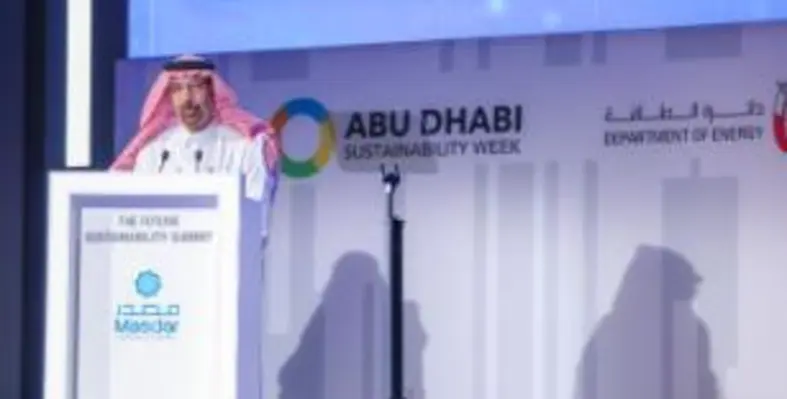Speaking at the Future Sustainability Summit yesterday, Saudi Arabia?s Minister of Energy, Industry and Mineral Resources, Khalid A. Al-Falih explained the country?s roadmap to sustainability. He reiterated that the kingdom believes in integrated and common approach to energy sustainability, from source to the end-user
Consequently, a transformational and holistic approach addressing both energy supply and demand.
?Saudi Arabia is rich with oil and gas, solar and wind as well as uranium resources. All energy sources that are destined to play an important role in the global energy mix in the country by switching to cleaner fuels and efficiency in water and desalination sectors and introducing nuclear and renewable energy.?
?Over the coming decades, burning fuel, which takes more than 50 per cent of power generation and significant proportion of water distillation will virtually eliminate. This saved at least 600,000 boepd due to the energy mix that we are creating in Saudi Arabia.?
The gas and power generation capacity is expected to grow around 50 per cent to nearly 70 per cent for much higher capacity in the next 12 years. We are also making steady progress in improving the power system efficiency that is inclusive of generation, and transmission and distribution.?
H.E. Al-Falih stated that the government will be restructuring its electricity industry and modernising institutional framework to attract significant and sustainable private investment flows.
?Over the next decade we will create in the kingdom a global hub of renewable energy capability in the size of upwards 200 GW spanning the entire value chain from local manufacturing, project development ? domestically and abroad. In the next 10 years, we will develop domestically 60 GW of renewable energy capacity of which 40 GW will be from PV cells, 3 GW from concentrated solar power (CSP), and 16 GW from wind power. To achieve this, the Ministry of Energy and Mineral Resources and the Public Investment Fund will be working together to deploy to parallel and complementary tracks. The PIF and its selected partners will develop 70 per cent of the total RE capacity with the objective of accelerating localisation hiring capability while the Ministry, through Renewable Energy Project Development Office (REPDO), will continue to drive the breakthrough prices in the kingdom by competitively tendering the remaining 30 per cent.
Commending Masdar on achieving breakthrough prices in CSP, he also announced that Saudi Arabia won a utility-scale 400MW onshore wind farm from Masdar, which set a new record in the cost competitiveness of wind power generation.
?This adds a second global benchmark from Saudi Arabia. Last year also saw a new record set in the field of PV power generation with our 300MW Sakaka solar project. In 2019 alone, no less than 12 projects will be tendered to stimulate investor, manufacturer and developer activity across the entire value chain.?
Additionally, Saudi Arabia will begin to introduce nuclear power into the mix, initially with two reactors in the next decade with a combined production to 2-3.2 GW.
?As we switch to more judicious use of our abundant, cleaner and most competitive resources, we will significantly reduce our greenhouse gas intensity. On the demand side, our energy productivity will improve. We have established a comprehensive energy efficiency programme, initiated energy price reforms and taken carbon management initiatives to drive sustainability. The recently established Tarshid, Saudi Super ESCO, retrofitted 200,000 streetlights to LED lights. This is one of the many programmes that the government facilities and developers are driving towards in the kingdom.?
The Minister also added that the share of gas in the utility sector in the kingdom will hold the major share between the G20 economies.
?Saudi Arabia also has recently identified a lot of natural gas in the kingdom to displace the oil demand. We are now looking to create and expand a gas grid, just like the GCC electricity interconnection, and are in talks with Oman and the UAE.?








